China's development progress over the decades has been remarkable, with the elimination of extreme poverty being one of the highlights, an official with the United Nations Development Programme (UNDP) has told Xinhua.
China's elimination of abject poverty went a long way towards ending poverty worldwide, which is one of the UN's Sustainable Development Goals (SDGs), said Beate Trankmann, UNDP resident representative in China, in a recent interview.
China has achieved the complete eradication of extreme poverty, lifting more than 770 million people out of poverty in the last 40 years, which, according to the World Bank, accounts for more than 70 percent of the world's total over the same period.
The progress was made possible by a targeted poverty alleviation strategy with a long-term vision, a targeted bottom-up approach, and considerable investments in human resources and funding, said Trankmann.
She lauded the sending of millions of civil servants and volunteers to impoverished villages to battle poverty on the frontline and implementing "precision" measures to improve the efficiency of poverty alleviation work.
As a program officer, Trankmann worked in China from 1999 to 2002. "Back then, you really didn't need to travel too far out of Beijing to see poverty and people struggling to earn monthly incomes."
"That has changed quite considerably. You can tell from the improvements in infrastructure and how the levels of living have gone up," said the UN official.
"The work to fight poverty is never really done," she stressed.
The next phase of poverty reduction should focus on addressing relative poverty, which she described as an unequal circumstance in which people cannot benefit or have access to services or experiences that most others can.
"It is encouraging to see that through its rural revitalization strategy, the Chinese government is indeed focusing on narrowing these divides and inequalities."
Trankmann also highlighted the importance of protecting the environment and preventing climate change. She said that shifting to a low carbon economy should be part of any long-term solution to address inequality and protect vulnerable groups.
She recognized China's role as a world leader in renewable energy, saying that it would lead to the creation of more job opportunities in the decades to come.
"While each country has a different development context, China's experience does offer substantive lessons for the global fight against poverty," she said, adding that the UNDP China stands ready to work with China in advancing the SDGs in partner countries by collaborating through South-South cooperation projects and advising organizations.
The COVID-19 pandemic, Trankmann added, has driven the world further off-track and set back global progress towards achieving the SDGs.
"Building a greater sense of global solidarity is the best way to address this challenge," she said. "Multilateralism is more important than ever and is why forums like the UN should be further strengthened," she said.








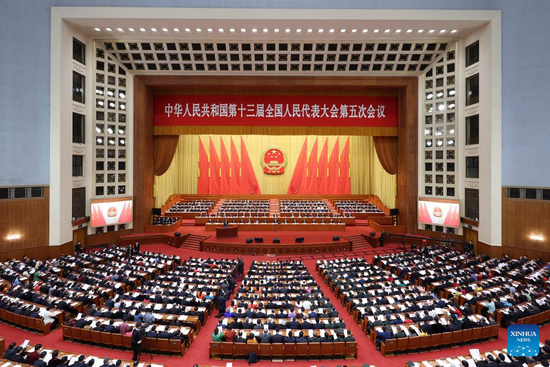

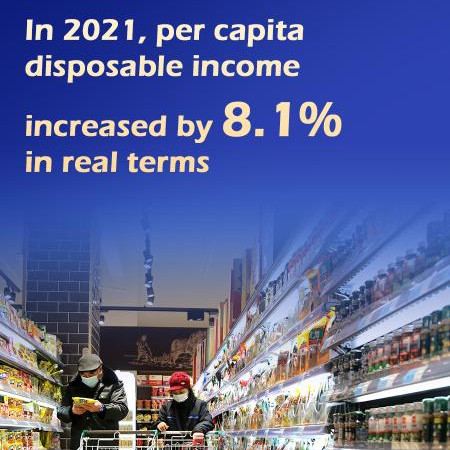
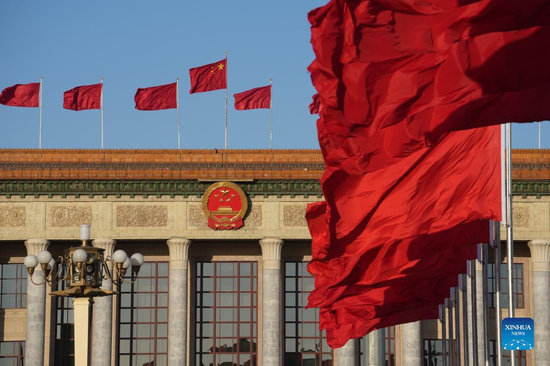
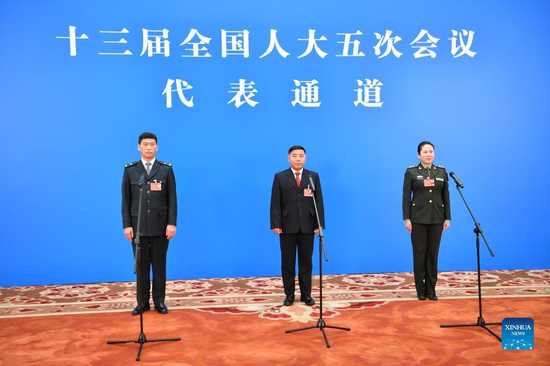

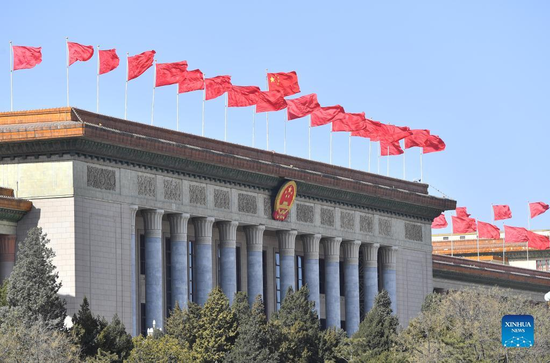









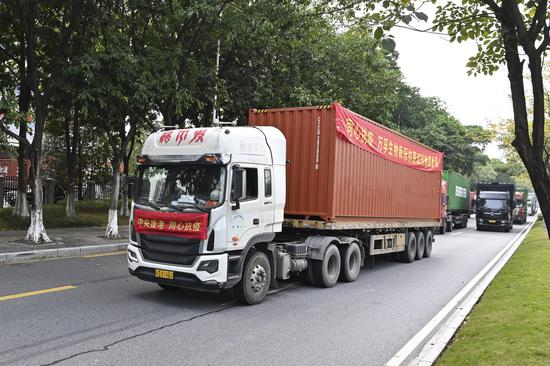




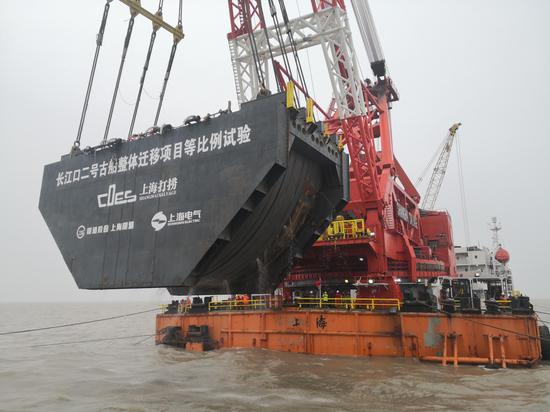





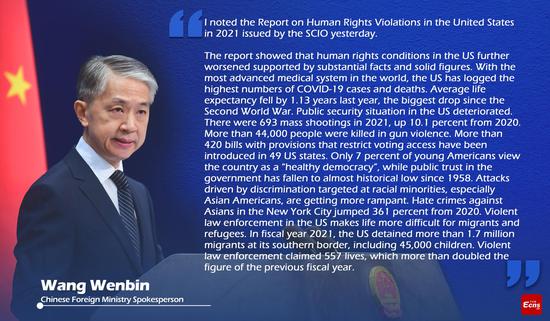


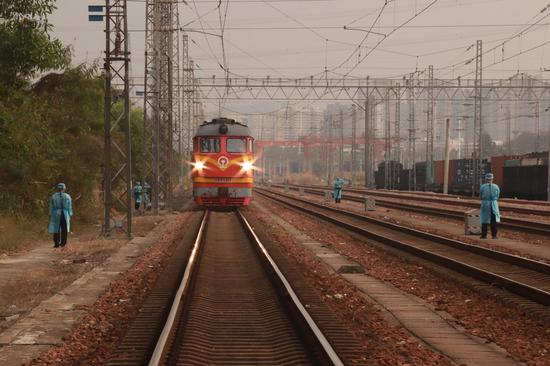





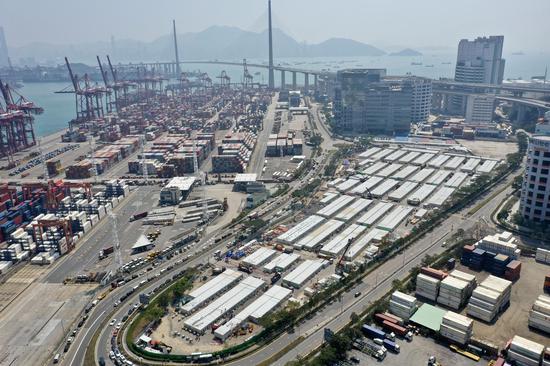





 京公网安备 11010202009201号
京公网安备 11010202009201号